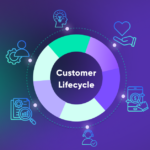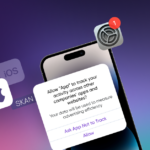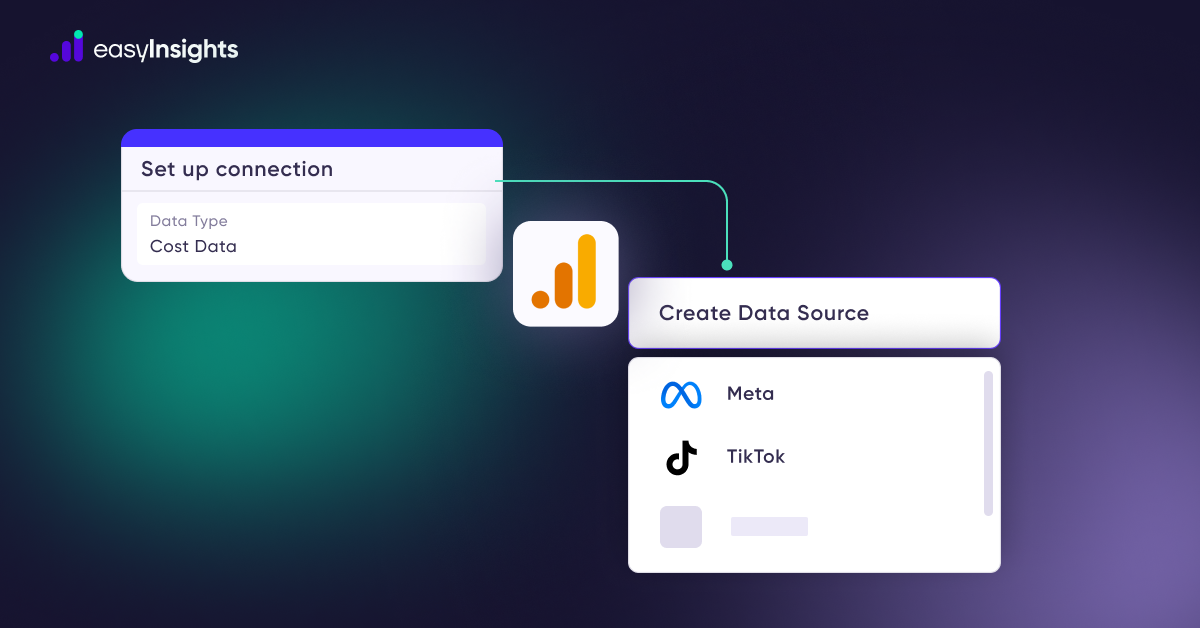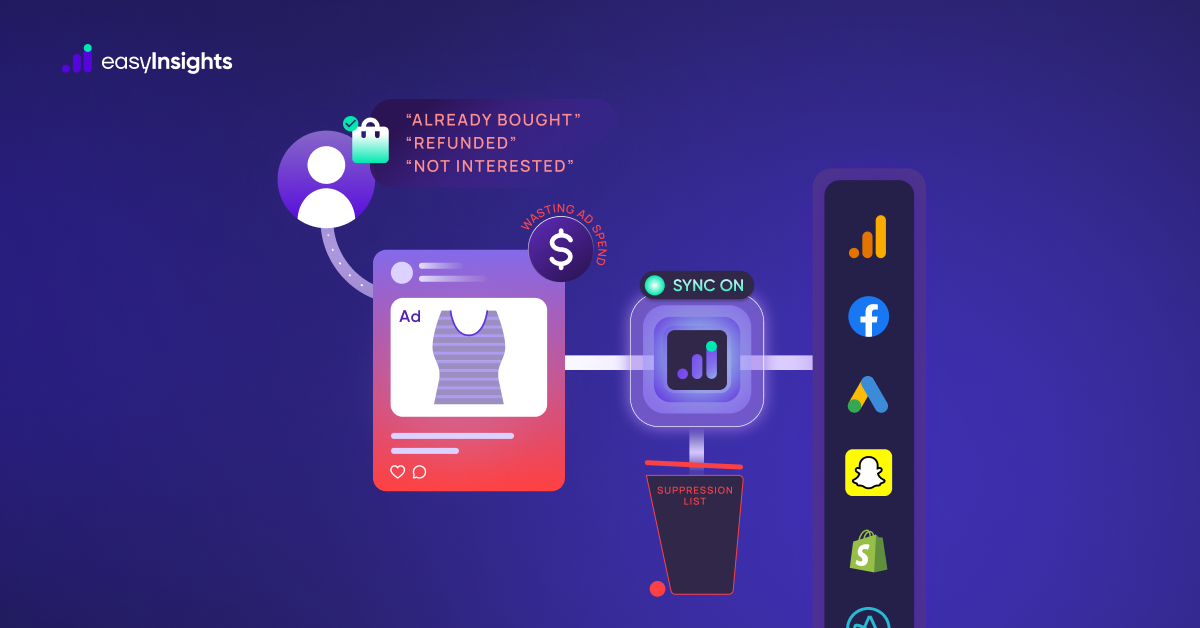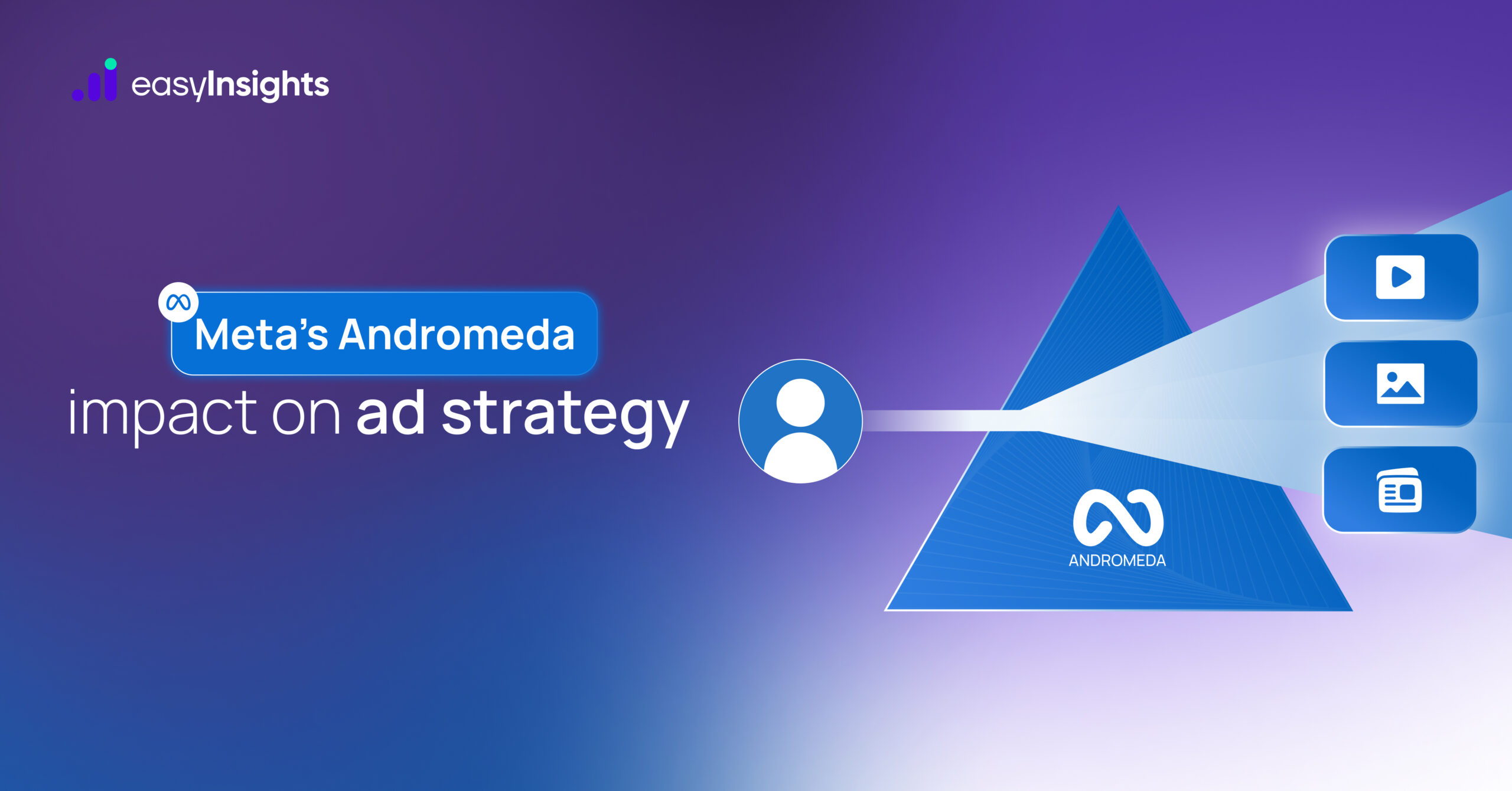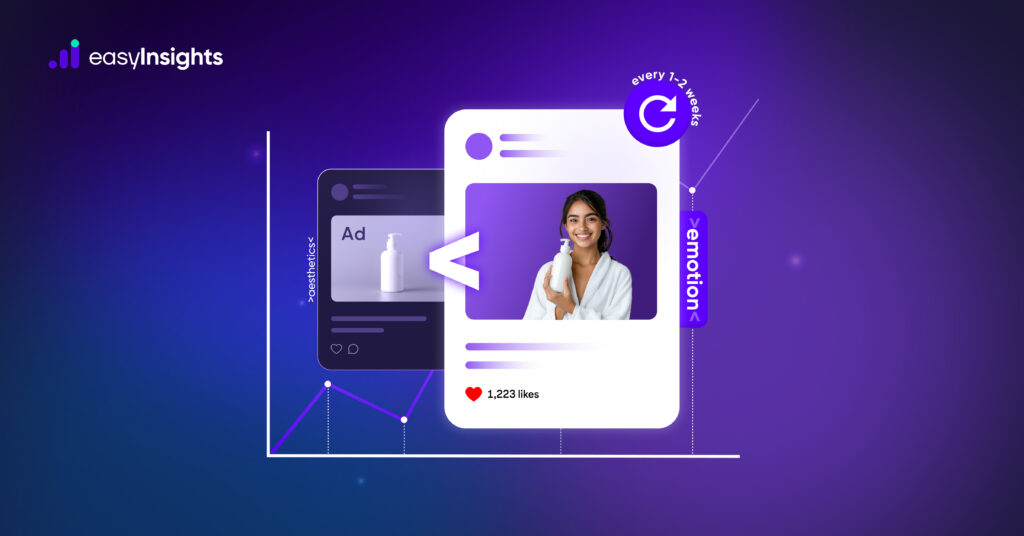
If you’ve been following Meta advertising updates lately, you’ve probably heard the buzz around Meta Andromeda. It’s being called the biggest backend change to Meta’s ad auction system since the iOS 14 privacy update – and for good reason.
Unlike a typical feature rollout, Andromeda represents a deep technical evolution in how Meta runs its ad auctions, ranks creatives, and balances user experience with advertiser performance.
For DTC marketers, understanding why Meta built Andromeda and how it affects creative strategy is crucial to staying ahead.
Jump ahead to:
What Exactly Is Meta Andromeda?
Andromeda is Meta’s proprietary machine learning (ML) system design for retrieval in ad recommendation focused on delivering a step-function improvement in value to our advertisers and people – Meta
Think of it as a new gatekeeper system that evaluates ads based on:
- Predicted relevance
- Creative diversity
- User experience impact
The old auction system was struggling to handle the massive growth in ad volume and the surge in generative AI-driven creatives. Without an upgrade, the system risked slowing down, showing less relevant ads, and degrading the overall feed experience for users.
So Meta re-engineered the way ads are retrieved and filtered before competing for impressions – ensuring that only the most relevant and engaging ads get shown.
Why Meta Had to Build It
This wasn’t a philosophical or cosmetic change – it was a technical necessity.
The explosion of ad inventory and AI-generated content was creating new challenges:
- More ads than ever competing for the same attention span
- Heavier compute load from personalization models
- Risk of slower, less relevant ad delivery
Meta knew that declining engagement would hurt the entire ecosystem – weaker auctions, poorer ad performance, and ultimately lower revenue. So Andromeda’s mission was clear:
Prioritize ad quality, user relevance, and speed – because on social platforms, engagement is the economy.
And the bet is paying off: Meta has already reported a single-digit increase in ad quality, which translates to billions in additional lifetime value (LTV) across the platform.
Additional reading: Understanding Meta’s Andromeda
The Big Shift: From Creative Best Practice to Creative Requirement
One of the biggest implications of Andromeda is how it changes creative strategy.
Creative diversity isn’t just a recommendation anymore – it’s a requirement.
Under the new system:
- Ads are pre-filtered and ranked before entering the main auction.
- The first 24-48 hours act as a retrieval test to gauge predicted performance.
- Ads that fail to generate net-new signals (fresh engagement or distinct user responses) lose traction fast.
Key takeaway: Don’t pause ads too early. They need that initial 1-2 day window to “prove” themselves to the algorithm.
But here’s the real challenge – if you’re running 50 lookalike creatives, they’ll likely compete with each other instead of complementing each other. In other words, 50 similar ads might now perform like just 2 – 4 did before.
How DTC Brands Should Adapt
Different brands will feel the effects of Andromeda differently.
1. Brands with Tight Brand Guidelines
Household names with strict creative constraints may find it harder to scale. Their visual identity limits how much variation they can test, which can reduce reach in a system that rewards novelty.
2. Performance-Driven Brands
Brands that constantly test and iterate will benefit – but only if their creative evolution stays emotionally consistent. Flooding the algorithm with endless random variations can hurt brand memory and long-term resonance.
Emotion > Aesthetics
One of the subtler, but most powerful, changes under Andromeda is how Meta’s system defines “relevance.”
The model now optimizes not just for clicks or CTR, but for emotional resonance – how much an ad feels relevant to the viewer.
That means “Omg I relate” moments outperform polished, pretty ads that don’t connect on a deeper level. Meta’s AI models are matching creative tone, emotion, and identity to audience behavior patterns – because these drive stronger engagement and retention.
In the Andromeda era, relevance is emotional, not aesthetic.
Continuous Learning = Faster Burnout
Andromeda also brings continuous model learning, meaning the system updates more frequently to favor recency and freshness over historical performance.
While this improves user experience and ad quality, it also means:
- Profitable ads may fatigue faster
- Creative rotation needs to be constant
- Evergreen scaling is becoming less reliable
To stay competitive, DTC brands need a creative pipeline mindset – regularly feeding the system new variations while analyzing emotional and engagement data to inform the next batch.
How to Win in the Andromeda Era
Here’s a practical roadmap for marketers adapting to this new landscape:
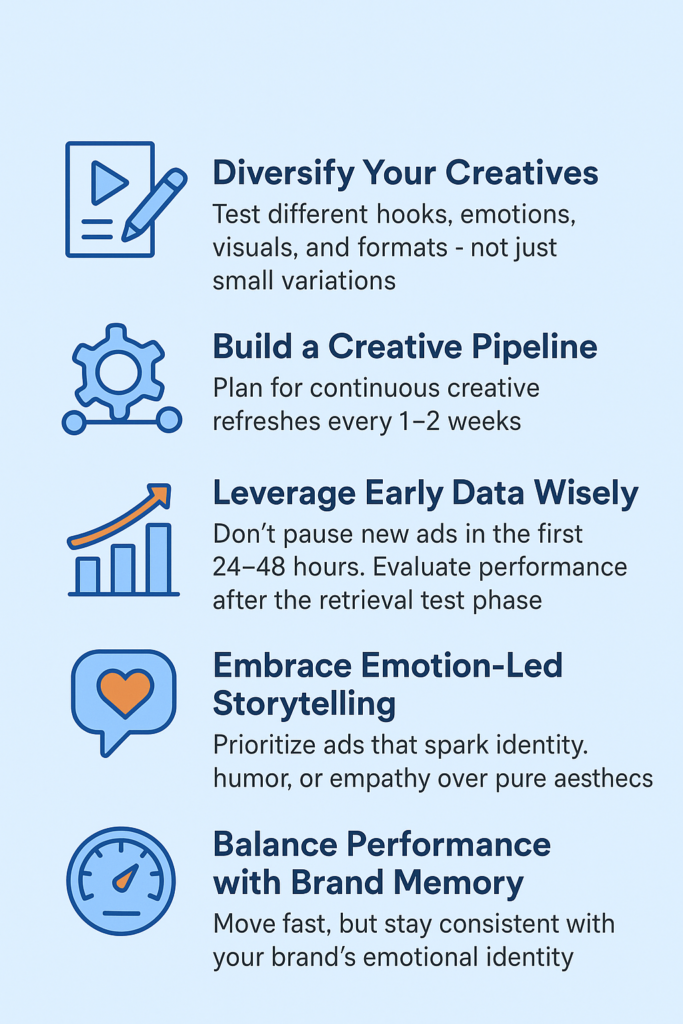
Additional reading: Meta Andromeda impact on ad strategy
How EasyInsights Helps You Win in the Andromeda Era
Here’s exactly how EasyInsights supports marketers navigating Meta’s new system:
Multi-Touch Attribution for Meta Ads
- See the true impact of each creative across the full funnel – not just last-click.
- Identify which ad variants assist conversions even before the final touchpoint.
Creative Performance Analytics
- Go beyond ROAS and CTR – measure engagement quality, emotional tone, and conversion efficiency per creative.
- Spot fatigue early and plan refreshes based on data, not guesswork.
Server-Side & Privacy-Ready Tracking
- With privacy updates and backend system changes like Andromeda, client-side pixels alone miss data.
- EasyInsights’ server-side tracking ensures accurate attribution even when Meta’s frontend data signals weaken.
Final Thoughts
Meta Andromeda isn’t just another update – it’s a fundamental shift in how advertising on Meta works. It reflects a world where AI-driven personalization, ad overload, and emotional relevance intersect.
For DTC marketers, the takeaway is clear:
The future of Meta Ads belongs to brands that can combine creative agility with emotional authenticity.
This is the era where creative pipelines beat evergreen scaling – and where “feeling relevant” matters more than ever.
To know more Book a demo today!


